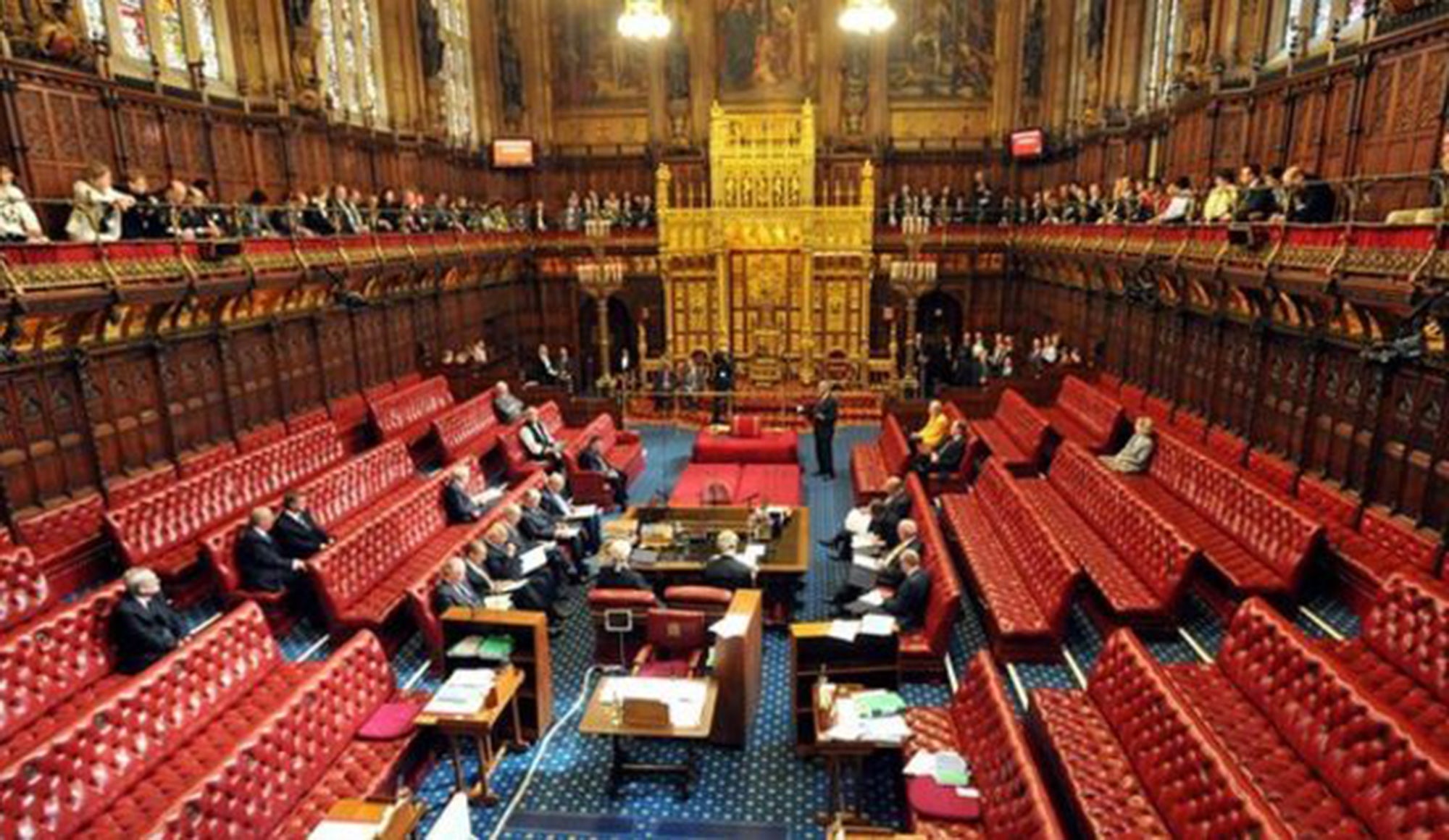Even the House of Lords think UK drug laws are a 'laughing stock'
The bill was described as 'dangerous'

Peers debated the main principles of the government's Psychoactive Substances Bill in the House of Lords yesterday and seemed to be in agreement on one thing: its hopelessly vague.
The bill, designed to take aim at legal highs, defined a psychoactive substance as any substance that can affect a person's 'mental functioning or emotional state', with many critics pointing out that this effectively bans everything.
Lib Dem lord Brian Paddick told the House that the "dangers in the bill as drafted are to make the drug laws even more of a laughing stock than they are currently."
Here is the exchange in full (you can read the transcript from the session here):
Lord Tunnicliffe (Lab): For the avoidance of doubt, is the noble Lord saying that the Liberal Democrats so oppose the essence of the Bill that they will either vote against it or propose wrecking amendments?
Lord Paddick: My Lords, we do not propose to wreck the Bill. Clearly, we cannot allow head shops to continue operating as they do now—purporting to sell substances that are harmless when they are far from harmless, or trying to get around the law by saying in very small print on the back of the substances that they are not fit for human consumption. However, the dangers in the Bill as drafted are to make the drug laws even more of a laughing stock than they are currently.
Baroness Hollins was similarly critical, pointing out the inherent contradictions in the bill, which implies that alcohol doesn't contain a psychoactive substance.
"My Lords, the Bill defines a new psychoactive substance as any substance intended for human consumption, 'capable of producing a psychoactive effect'," she told the House.
"It describes a substance causing a psychoactive effect on a person as, 'if, by stimulating or depressing the person's central nervous system, it affects the person’s mental functioning or emotional state'.
"I speak as someone who has been a psychiatrist for many years, although this is not my field of psychiatry. However, alcohol produces this effect. Antihistamines for hay fever do, too, as do many of the most helpful medications for neurological disorders such as multiple sclerosis.
"In fact, many medical drugs also have a value on the street, being taken by those seeking their psychoactive effects. Will future novel versions of these medicines also be banned before they have been through a definitive clinical trial? Will those trials even be allowed to take place?"
There was further criticism of the Psychoactive Substances Bill in its current state, with peers eventually agreeing to give it a second reading and to commit it for consideration in detail by a committee of the whole House.
Subscribe to Independent Premium to bookmark this article
Want to bookmark your favourite articles and stories to read or reference later? Start your Independent Premium subscription today.

Join our commenting forum
Join thought-provoking conversations, follow other Independent readers and see their replies